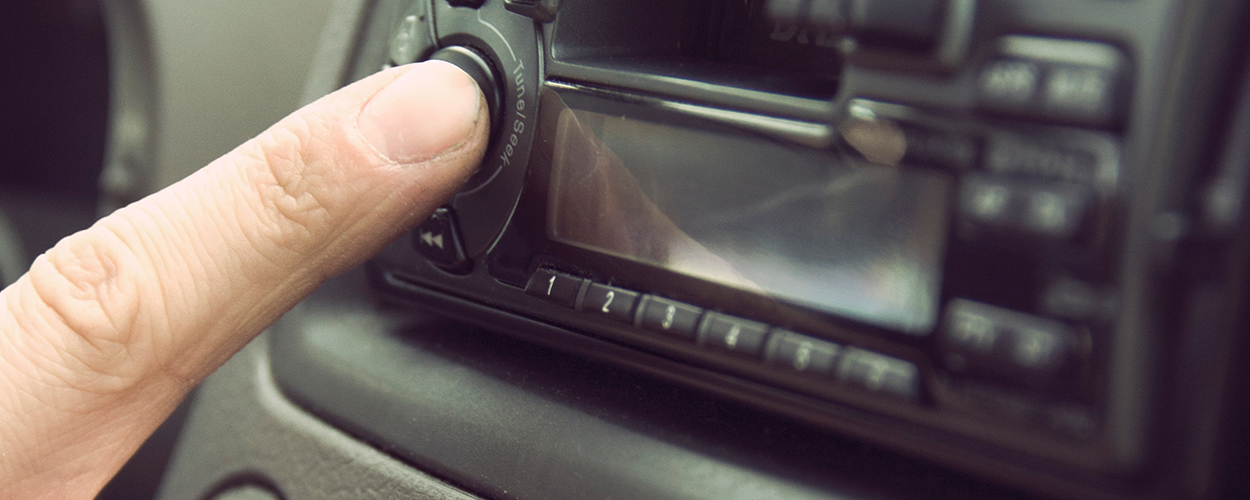This website uses cookies so that we can provide you with the best user experience possible. Cookie information is stored in your browser and performs functions such as recognising you when you return to our website and helping our team to understand which sections of the website you find most interesting and useful.
Business News Labels & Publishers Legal
US appeals court says no private copy levy due on in-car recording devices
By Chris Cooke | Published on Wednesday 29 January 2020

An appeals court in the US has ruled that the makers of cars which include devices that allow drivers to rip tracks from CD to a hard drive are not required to pay a private copy levy to the music industry.
This all relates to lawsuits filed back in 2014 by an organisation called the Alliance Of Artists And Recording Companies against both Ford and Chrysler.
AARC is an often forgotten organisation that collects and distributes royalties due in the US under a thing called the Audio Home Recording Act. That bit of legislation from 1992 introduced some private copy levies into US copyright law.
Such levies are found in many countries and were traditionally charged on devices or products that were mainly used by people to make private copies of sound recordings, so usually cassette recorders and/or blank cassettes. The shift to digital posed the question what digital devices, if any, should also be subject to such levies?
In the US, the reach of the levy was somewhat limited in a late 1990s case which said MP3 players – specifically the Rio MP3 player – did not fall under the Audio Home Recording Act because it could store files other than sound recordings, and the 1992 act excluded general-use hard drives.
As a result, when the AARC went after Ford and Chrysler in 2014 over their in-car CD ripping devices, it seemed certain the car makers would argue that – if the Rio MP3 Player did not fall under the Audio Home Recording Act – neither did their gadgets. Which, of course, they subsequently did.
The cases have been working their way through the courts ever since, with a bunch of initial judgments in 2018. Now an appeals court in Washington DC has sided with the car firms, ruling that while the AARC might feel the hard disk limitation on the US private copy levy is unfair, it nevertheless applies in this case.
Noting the compromise reached in 1992 excluding general hard disks from the reach of the US private copy levy, the court’s judgement concedes that “some commenters have observed that the increased role of computers in digital audio recording has made the AHRA’s role more marginal than its proponents envisioned”.
The debates in Congress that led to the Audio Home Recording Act, it adds, “would have been conducted on different terms in 2002 than they were in 1992, given the rise of computer-based audio recording technologies during that ten year stretch”.
“Still”, the judgement goes on, “we cannot enforce the law that AARC thinks Congress should have written rather than the carefully negotiated text that Congress adopted. Ultimately, if AARC and its supporters have persuasive arguments in support of the change of law they advocate, it is Congress they should persuade”.
So, it’s another example of old copyright law struggling to keep up with technological advances. And, of course, those technological advances are ongoing, so much so that – in 2020 – ripping CDs onto an in-car hard disk seems somewhat antiquated too.





